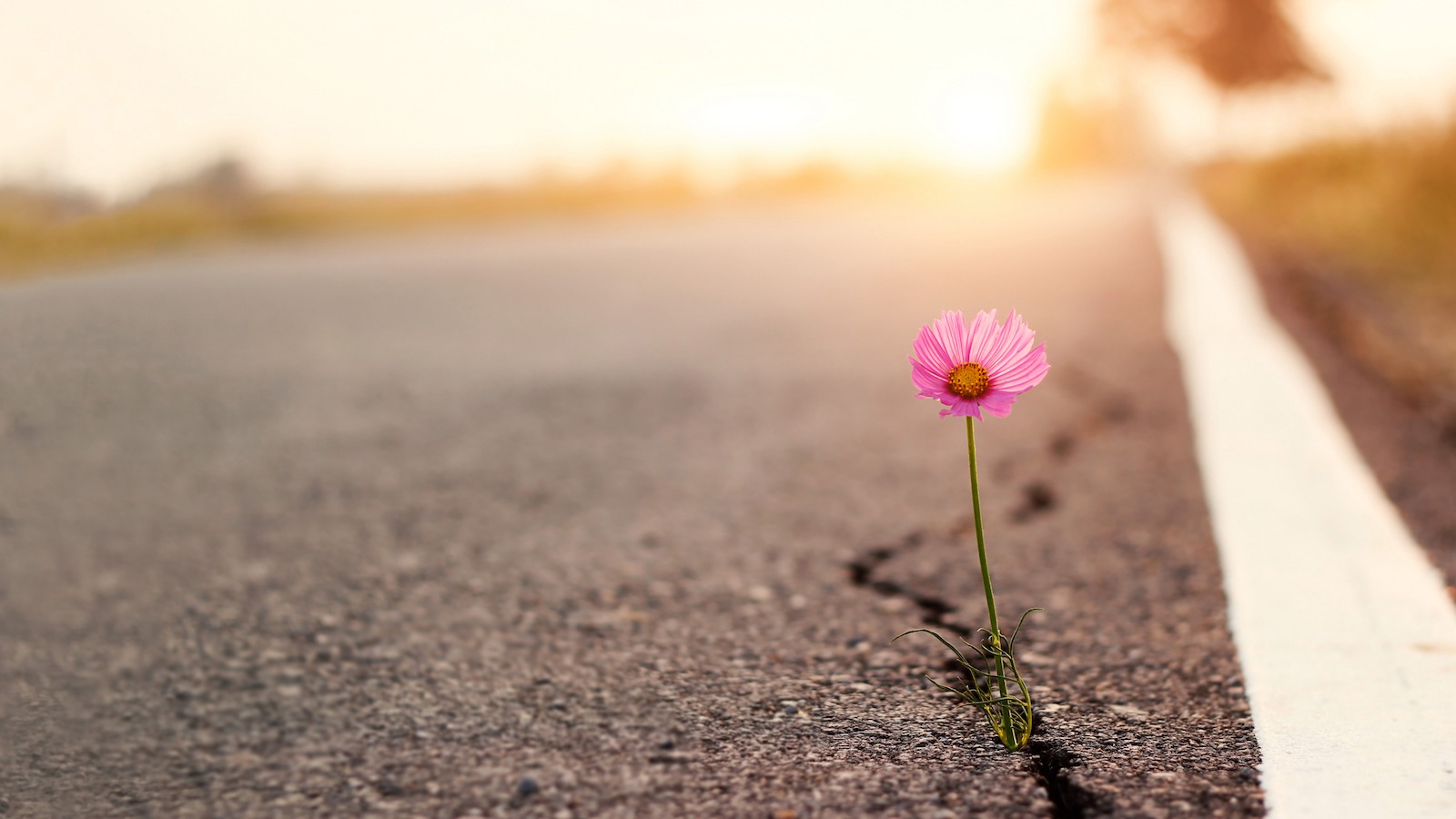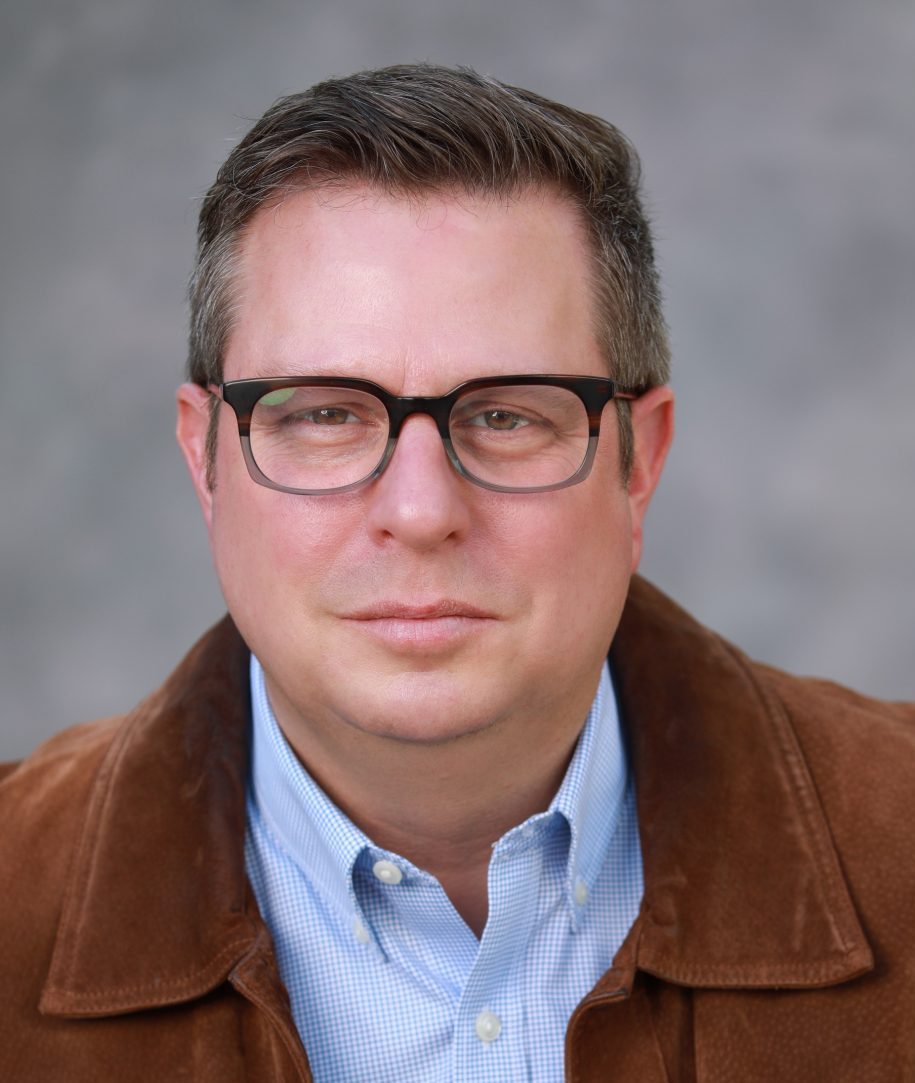Learning to cope with the “Four Horsemen of the Apocalypse”
Thrive Global invites voices from many spheres to share their perspectives on our Community platform. Community stories are not commissioned by our editorial team, and opinions expressed by Community contributors do not reflect the opinions of Thrive Global or its employees. More information on our Community guidelines is available here.
By
- David Van Der Velde, Executive Director and Co-Founder at Awakening Recovery

Many people in early recovery from the disease of drug addiction and/or alcoholism, known in the clinical world as SUD (Substance Use Disorder), are spending their first Holiday Season without drugs and alcohol to cope with the stress, loneliness, shame, guilt, past trauma, unaddressed addiction wreckage, etc. As a result, they are not yet at the phase in their recovery where they have done the work to develop a strong foundation and support community to feel confident about walking through the Holidays sober.
The Holidays in the recovery community are often called the “Four Horsemen of the Apocalypse,” (i.e. Halloween, Thanksgiving, Christmas – or whatever Holiday you celebrate- and New Years), as they have been the source of a lot of relapse over the years. Simply put, the holiday season is fertile ground for relapse triggers and paired with the isolation of the COVID-19 pandemic, these triggers can be further exacerbated, making the current season scary times for those in recovery.
SUD recovery is not only about surviving the Holidays clean and sober, but thriving with the proper tools and support to create a new perception of them as a source of renewal, healing, hope and faith.
The following are some effective recovery tools to use throughout the season to help you survive and thrive:
- We are only as sick as our secrets – Many in recovery struggle with keeping secrets and rekindling or developing resentments, thinking they can’t access their support group because they should be able to handle their fears and justifiable anger on their own. This can be a tragic misperception that leads to disconnection, self-imposed loneliness and eventually relapse.
- Your sober support community is vital to include as secret fears and anger fueled resentments come up for you.
- Your recovery support community can help you as others can’t, including yourself, as they have lived experience and expertise in overcoming secrets and resentments sober in ways you possibly haven’t yet.
- Don’t let your ego and pride prevent you from getting the help you deserve and need to shift your thinking, feelings and actions to compassion, forgiveness, healing and love both for yourself and others.
- If you hang around in a barber shop long enough you are going to get a haircut – People, places and things during the Holidays where liquor or drugs are present are big triggers for those in SUD recovery. Our disease tells us we should be able to go to a Holiday party with friends or family and act like a “normal” person even if alcohol or drugs are present. Those who don’t have the disease of alcoholism or drug addiction make it look easy, pleasurable, like a social lubricant, a tension reliever, or a way to connect, but they don’t suffer from the consequences that inevitably materialize for those in active addiction arising from relapse. Being a progressive disease, having a SUD means that when we relapse, in short order we pick up where we left off when we entered recovery and over any considerable period it gets worse, not better.
- Be gentle with yourself in recovery during the Holidays, no one except you expects you to handle these situations on your own.
- Bring a sober friend with you to Holiday events
- Don’t accept any drinks where you don’t know what’s in it and haven’t witnessed it being made. If you put a drink down and leave it unattended, leave it and get a new one.
- Role play with your sober community so you are prepared to answer questions at Holiday events where you are invited to receive an alcoholic drink or other substances.
- Go to sober Holiday events.
- Arrange your own transportation so you can arrive and leave when you want.
- Go late to Holiday events and leave early to ensure you aren’t the first to arrive or have stayed past the period where party goers start to become intoxicated.
- Don’t let your ego tell you when you are “feeling some type of way” at a Holiday event that it’s weak to step away and call someone in your sober support community and/or meet them at a 12-step meeting or for coffee.
- Create a new sober belief system and identity for yourself during the Holidays –
- Practice wellness during the Holidays such as yoga, running, getting a massage, outdoor activities, going to the gym, meditation, and attending 12-step meetings regularly (if you are in a 12-step process), and/or attend faith based gatherings if that is your belief system.
- Be consistent with your recovery routine. For example making your bed each day, engaging in your spiritual practice, communicating with and doing activities with your sober support community
- Focus on being of service to those who need it in your sober support community. Often, being of service and being “other thinking” can help you disconnect from “self-centered fear-based thinking” and bring you back into the present.
- Commit to putting your recovery first, above everything else through the Holidays. Making this commitment will help you prioritize your recovery when other areas like work, family, relationships, friendships start to pull you in other directions that could be triggering for you.
- Know your limits and respect them. Be gentle with yourself during the Holidays and know that it is a “we” program, meaning it is an unrealistic expectation to think you can manage your first Holiday sober without the help of your sober support community. That’s what they are there for and it will help you engage in surrendering to your recovery, ego reduction of addiction thinking, and humility about being powerless over people, places and things. This is especially true as it relates to your recovery as a tool that can help you take positive actions towards helping you walk through conflict sober.
Most importantly, practice an attitude of gratitude for your recovery. No matter what issues come up for you during the Holidays, anything can be overcome sober if you utilize your sober coping skills, connect to those who can help you with your recovery and actively engage with your sober support community to help one another not only survive, but thrive in your recovery during the Holidays.

David Van Der Velde, Executive Director and Co-Founder at Awakening Recovery
David got clean and sober in 1988 at the age of 19, close to death from his own struggles with drug addiction and alcoholism. Now 33+ years clean and sober, he has been consistently active in his recovery community by mentoring others, serves on recovery and youth related non-profit Boards such as LifeWorks and the West Hollywood Recovery Center, and serves on panels at institutions speaking from his own experience about recovery.
In 2015, David chose to transition from a 25-year career in producing large-scale corporate events for the sports, entertainment and non-profit sectors, to co-founding Awakening Recovery, a sober living in Los Angeles, as its Executive Director and Board member, helping those looking for a long-term recovery solution regardless of access to funds. Additionally, David has successfully completed his Certificate in Alcohol and Drug Abuse Counseling from UCLA. He now devotes his personal and professional life to helping people find a long-term recovery solution from drug addiction and alcoholism through the life-saving work at Awakening Recovery and in his recovery community at large.
Share your comments below. Please read our commenting guidelines before posting. If you have a concern about a comment, report it here.







